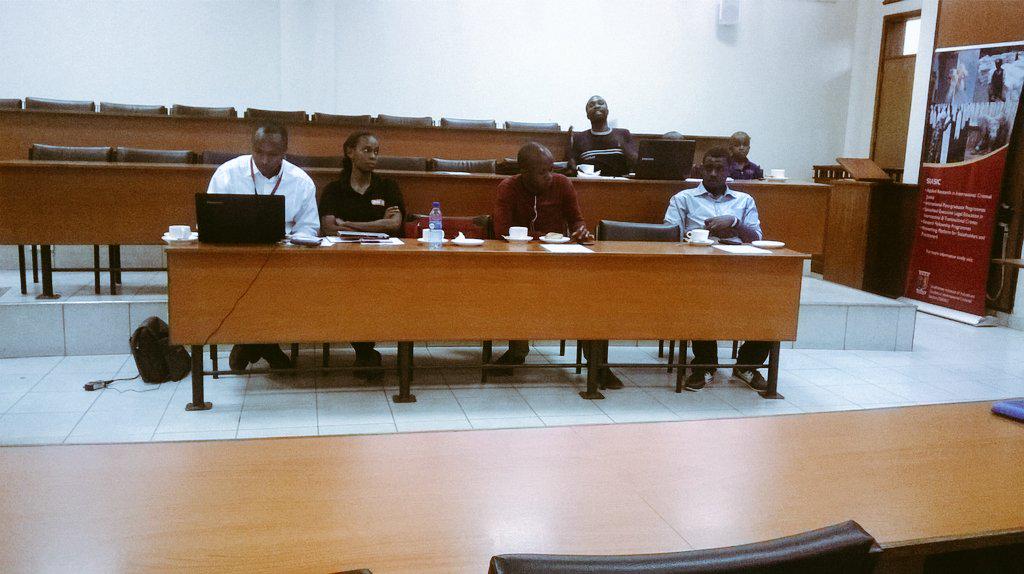Recap of IPCheckin October 2015: Section 40D of the Trade Marks Act
- Victor Nzomo |
- October 13, 2015 |
- CIPIT Insights,
- Intellectual Property,
- Trademark

“IP Check-In” (Follow @IPCheckin on twitter) is a vibrant group of Intellectual Property (IP) enthusiasts in Kenya who meet at Strathmore University Law School on the second Saturday of every month to discuss topical IP issues in Kenya as well as developments and emerging trends in IP from around the world. This month, this blogger joined the IP Check-In group and the topic under discussion was the effect of section 40D of the Kenya Trade Marks Act.
Section 40D of the Trade Marks Act states as follows:
40D.
(1) A trade mark in respect of which Kenya is a designated state, registered by ARIPO by virtue of the Banjul Protocol, shall have the same effect and enjoy the same protection in Kenya, as a trademark registered under this Act, unless the Registrar communicates to ARIPO, in respect of the application, a decision in accordance with the provisions of that Protocol, that if a mark is registered by ARIPO, that mark shall have no effect in Kenya.
(2) The Institute shall act as a receiving office, for the purpose of filing an application under the Banjul Protocol, where a regional application is filed with it and the applicant is a national or a resident of Kenya;

Here are some of the issues that arose during the discussions:
1. The Banjul Protocol on Marks, adopted by the Administrative Council of African Regional Intellectual Property Organization (ARIPO) in 1993, establishes a trademark application filing system along the lines of the Harare Protocol. Under the Banjul Protocol, an applicant may file a single application either at one of the Banjul Protocol Contracting States or directly with the ARIPO Office. The application should designate Banjul Protocol Contracting States as the States in which the applicant wishes the mark to be protected once the ARIPO Office has registered it. Nine States are currently party to the Banjul Protocol, namely: Botswana, Lesotho, Liberia, Malawi, Namibia, Swaziland, Tanzania, Uganda and Zimbabwe.
2. Similar to the Banjul Protocol, the Madrid system is a legal framework for registering and managing marks administered by the International Bureau of the World Intellectual Property Organization (WIPO). The Madrid system is a system based on two treaties: The Madrid Agreement Concerning the International Registration of Marks, also referred to as the Madrid Agreement or the Agreement and The Protocol relating to the Madrid Agreement also referred to as the Madrid Protocol or the Protocol. By filing one trade mark application using the Madrid System, an applicant is able to protect marks in the territories of up to 96 States across the world who are members of the Madrid System.
3.The effect of section 40D of the Trade Marks Act appears to be the domestication of the Banjul Protocol, which Kenya is yet to sign and ratify as a member state of ARIPO. This section is problematic since it appears to be inconsistent with the Constitution and Laws of Kenya which require that regional and international instruments must be ratified before they can form part of the Laws of Kenya. It was submitted that this section is also misleading and premature since there are valid reasons why Kenya has opted not to sign or ratify the Banjul Protocol.
